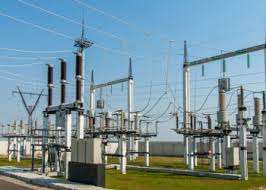The Managing Director of the Rural Electrification Agency (REA), Abba Aliyu, has reaffirmed that solar energy is the most sustainable and economically viable power solution for Nigeria’s homes, businesses, and industries. In discussions about the nation’s evolving energy landscape, Aliyu emphasized that solar energy is the most effective response to ongoing electricity challenges, particularly in underserved and off-grid communities.
Solar technology offers three significant benefits: affordability, scalability, and environmental friendliness, which leads to a reduced dependence on costly fossil fuels. Given Nigeria’s abundant sunlight, the country is in a strong position to harness renewable energy and promote inclusive development.
The REA’s efforts towards rural electrification are progressing well. Under the World Bank-funded DARES project, REA has signed a $750 million (₦1.21 trillion) solar electrification grant aimed at deploying 1,350 solar mini-grids to provide electricity access for 17.5 million Nigerians.
Additionally, a landmark $200 million memorandum of understanding (MOU) with WeLight was signed to develop and operate 400 mini-grids and 50 MetroGrids, with the potential to electrify between 1.5 and 2 million rural and peri-urban residents.
The impact of the REA is measurable: as of May 2025, it has installed 16.6 MW of renewable energy capacity, attracted ₦5.8 billion in private investment, created over 26,000 jobs, and avoided 91,720 tons of CO₂ emissions through the deployment of 124 mini-grids and more than 25,580 solar home systems.
Looking to the future, the REA will continue to support solar mini-grids, standalone systems, and collaborative models with private developers. Aliyu stressed the importance of increased investment, policy alignment, and stakeholder collaboration to accelerate solar adoption nationwide. With Nigeria’s solar-rich geography and growing support for renewable energy, the REA initiative promises not only to provide energy access but also to drive sustainable growth, create jobs, and enhance energy security.




